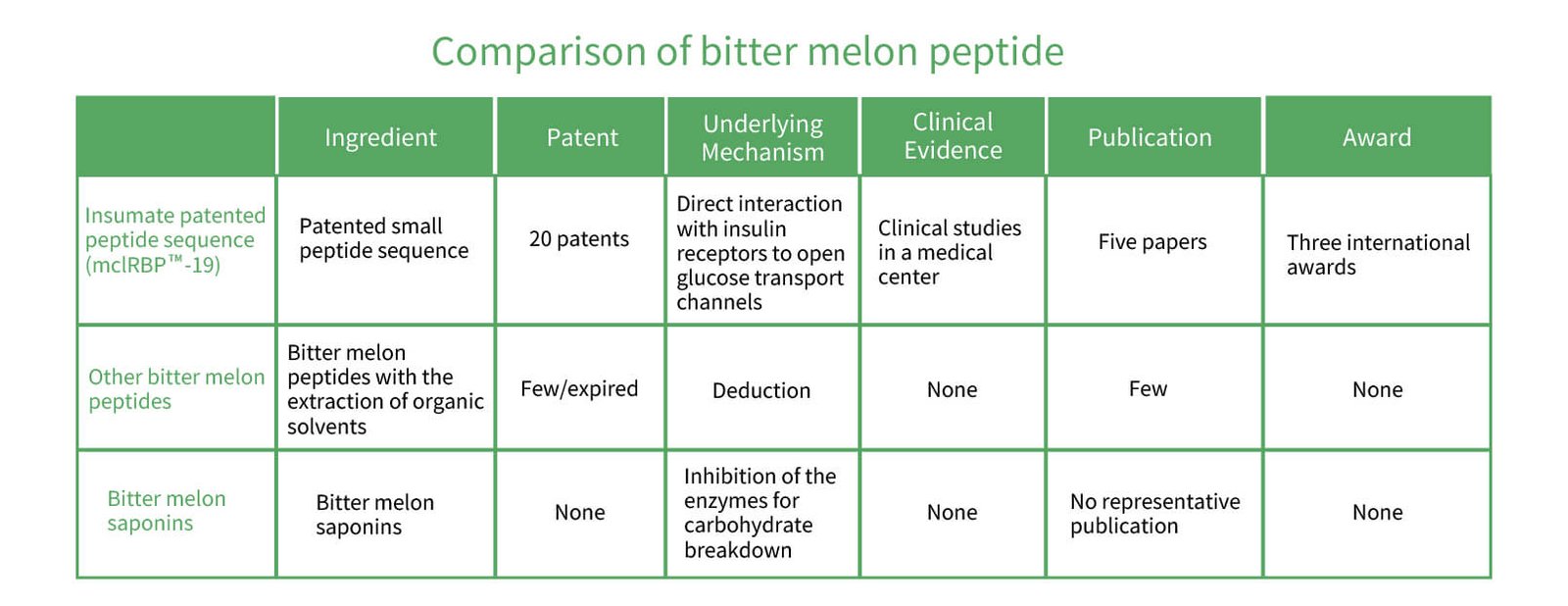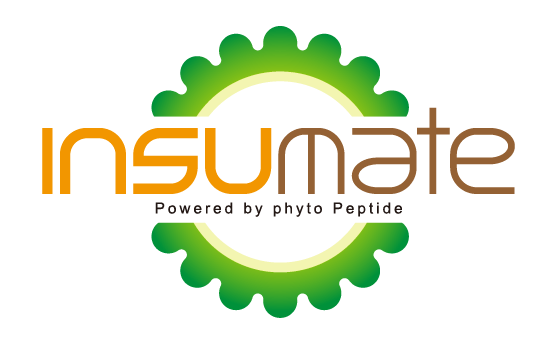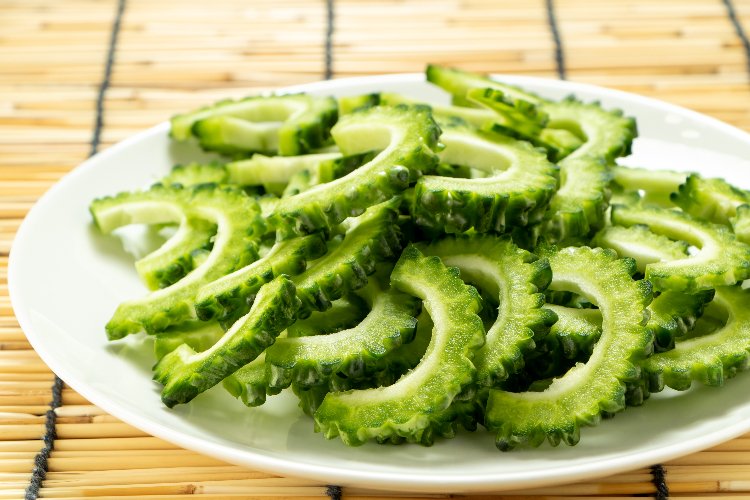Article: Hsu Wen-Yuan
The potential of bitter melon peptides to regulate glucose has attracted the attention of many diabetics, but is there scientific evidence that it can help in stabilizing blood glucose? Commercially available products include a wide range, how does one choose?
According to statistics, Taiwan has 2 million confirmed diabetics. This number is increasing at a rate of approximately 30,000 per year with over 90% being type-II diabetes; furthermore, the age of patients continues to lower. The modern lifestyle of refined diets and low activity has caused obesity to be a major challenge in global health issues. According to an investigation by the Health Promotion Administration, the rate of overweight and obese adults in Taiwan is 45.4%; obesity is a key risk factor in type-II diabetes.
Currently, there are no true treatments for diabetes. Patients must control the disease through medication and assertively control their diets in combination with exercise and weight loss. However, many patients cannot sustain this and sometimes give up on regulating blood glucose which can lead to serious complications as time passes.
Over the recent years, the trend has been to use natural therapies to assist with regulating blood glucose. The main pathogenic target of diabetes are insulin receptors which is why many continue to search for natural substances that can substitute for insulin in insulin receptors. This has proved challenging due to the complications of physiological mechanisms but many so-called plant insulin products that have no scientific evidence to back them have confused consumers.
Thus, Taiwanese companies partnered with medical universities and spent a decade researching to finally discover an active ingredient with high affinity with human insulin receptors from bitter melons – “Patented peptide sequence”. The substance is called “mcIRBPTM-19″ internationally and there have been 4 scientific studies published in international journals since 2013. The studies have been performed and verified in clinical trials using cells, animals, and humans.
Research on the Effects of Patented peptide sequence on Glucose Regulation
The body′s glucose transporting mechanism must be activated so that glucose in the blood is transported into cells or risk causing high blood glucose. Biochemical expert Hsu Pang-Kuei, PhD states that Patented peptide sequence (mcIRBPTM-19) extracted from bitter melons is the only scientifically proven natural substance that can combine with insulin receptors aside from insulin and can maintain stable blood glucose; in order to further verify its effects, 142 diabetes patients with chronic prescriptions and blood glucose between 120~140 who did not show improvement from medication were selected. Their medication remained unchanged, but blood tests after 3 months found that using Patented peptide sequence (mcIRBPTM-19) as a supplement in the experiment group not only decreased fasting blood glucose, there was also significant improvement in glycosylated hemoglobin.
Glycosylated hemoglobin can reflect the average blood glucose concentration during the survival period (average of 3 months) of erythrocyte; “patients who normally pay no attention to their diet may have low blood glucose values in the outpatient clinic, but exhibit increased glycosylated hemoglobin meaning their blood glucose regulation has been unstable over the past 3 months.” Hsu Pang-Kuei, PhD emphasizes that when glycosylated hemoglobin is high, one must consider intervention with a suitable amount of sport activity or supplement measures.
The above report was published during 2020 in the international journal <Nutrients>. Additionally, a double-blind test for patients with blood glucose levels between 160~180 was conducted in partnership with Chung Shan Medical University. It also verified that Patented peptide sequence (mcIRBPTM-19) effectively improved blood glucose indicators; the research report will also soon be officially announced.

Carefully selection of patented ingredients with scientific evidence
Many consecutive studies have brought attention to bitter melon peptide, but Hsu Pang-Kuei, PhD states that the extremely precious ingredient from bitter melons used in Patented peptide sequence (mcIRBPTM-19) requires specific processes and excellent production management to obtain the best results. Analysis by the research team found that many commercially available products that feature bitter melon peptides do not contain this ingredient and are instead bitter melon hydrolysate or extract. These exhibit poor effect and can damage the rights of consumers, which is why it′s important to pay extra attention when shopping.
Hsu Pang-Kuei, PhD reminds diabetics to always follow their doctor′s orders for medication before evaluating whether they require a supplement to improve their blood glucose. The key is to select products with active ingredients that are scientifically proven to receive their full benefit.

